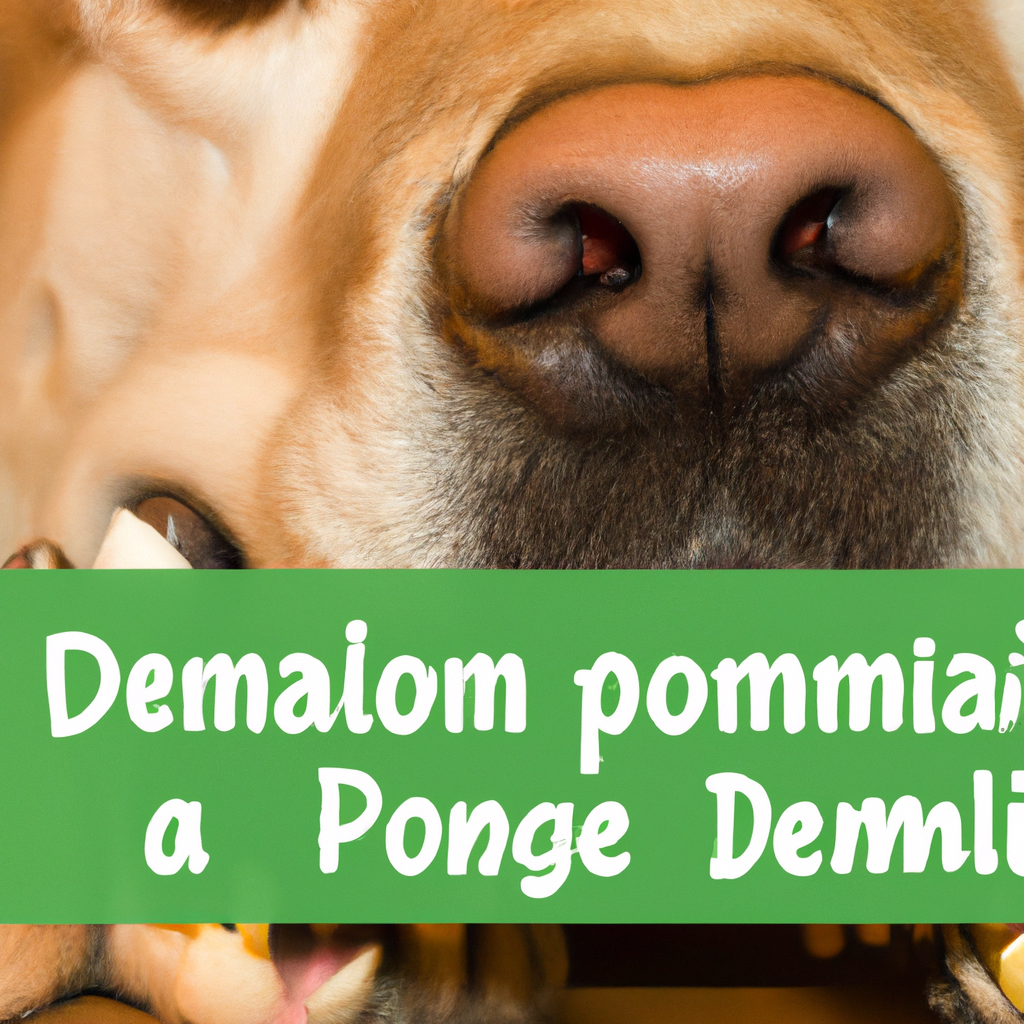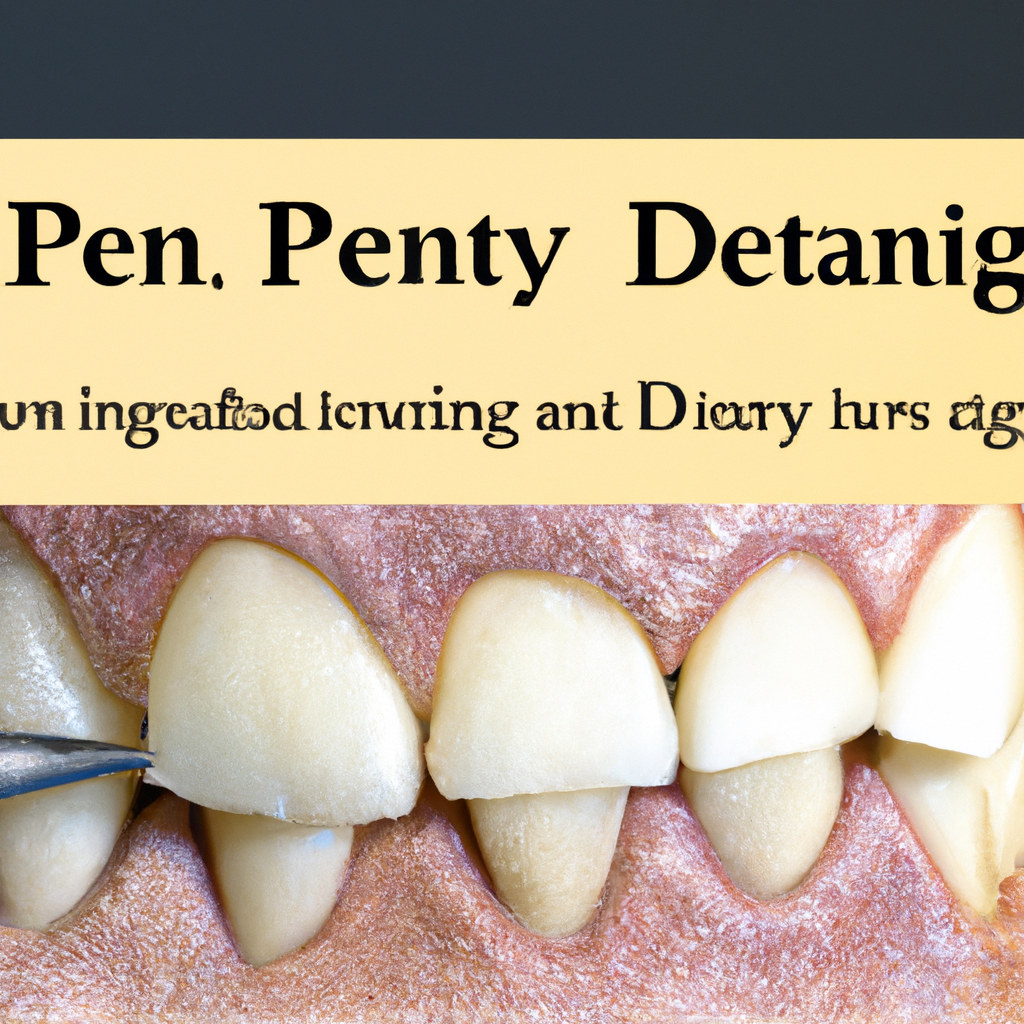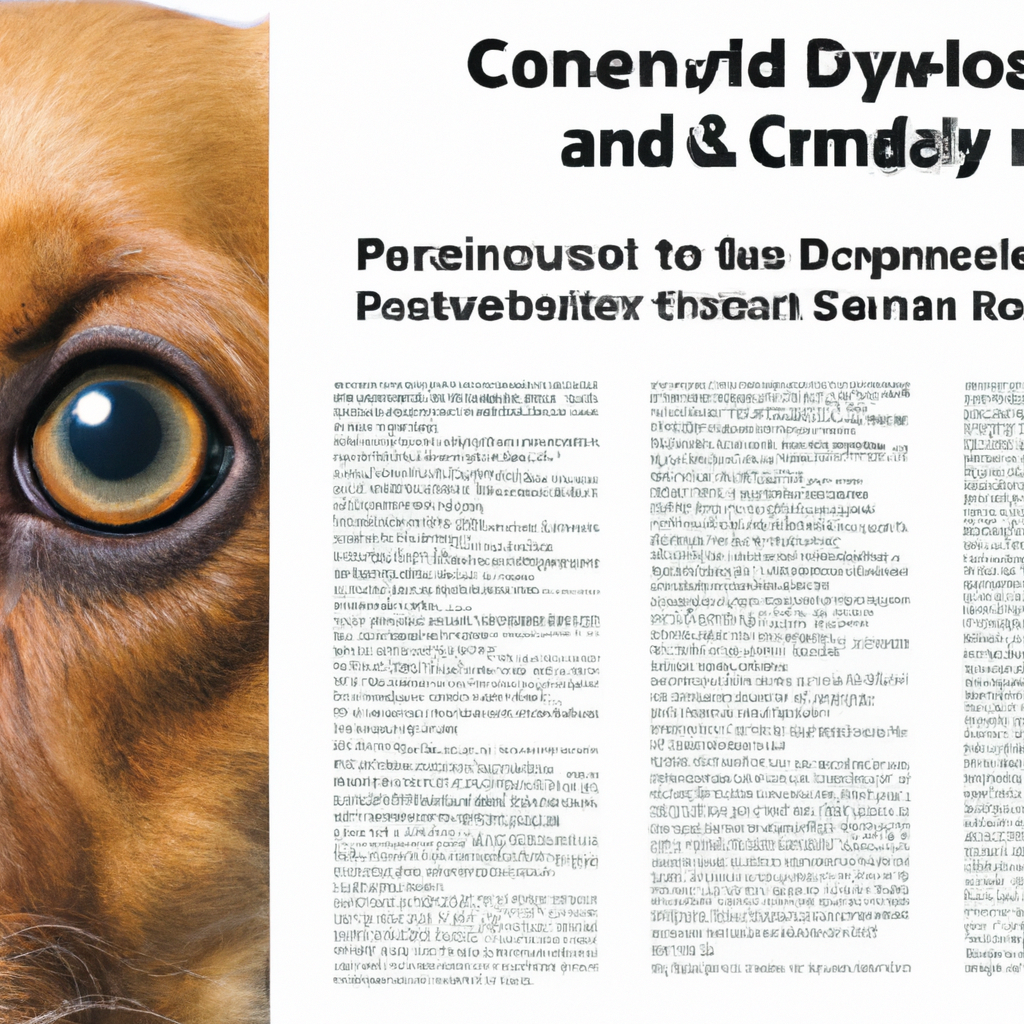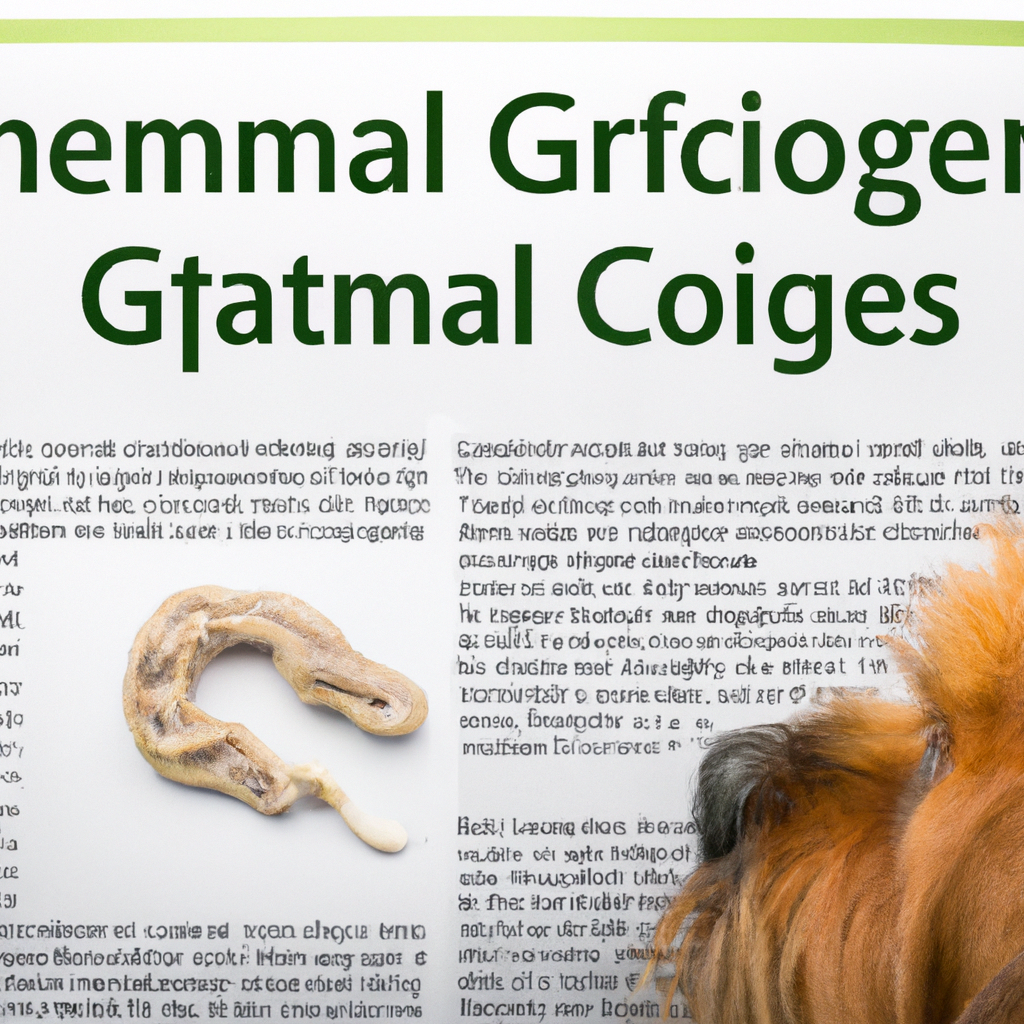Recognizing and Managing Common Dental Problems in Dogs
Recognizing and Managing Common Dental Problems in Dogs Dental health is crucial for dogs’ overall well-being, as important as

Recognizing and Managing Common Dental Problems in Dogs

Dental health is crucial for dogs’ overall well-being, as important as it is for humans. Maintaining proper dental care can prevent discomfort, pain, and potential health issues for your furry friend. Dogs can suffer from common dental problems just like humans, such as gum disease, tooth decay, and bad breath. To ensure your dog’s dental health, it’s vital to understand these problems and how to manage them effectively.
Signs of Dental Problems
Recognizing dental issues in dogs can be challenging, as they cannot communicate their discomfort verbally. Look out for the following signs that may indicate dental problems:
- Bad breath or unusual odor from the mouth
- Difficulty chewing or refusal to eat
- Excessive drooling
- Swollen, red, or bleeding gums
- Visible tartar or plaque build-up on teeth
- Loose or missing teeth
- Pawing or scratching at the mouth
- Unusual aggression or irritability
Managing Dental Problems
If you notice any signs of dental problems, it’s essential to take immediate action. Here are a few steps you can take to manage common dental issues:
- Regular Brushing: Get your dog accustomed to having their teeth brushed from an early age. Use a toothbrush and toothpaste specifically designed for dogs. Start with short, gentle brushing sessions, gradually increasing the duration as your dog becomes more comfortable.
- Healthy Diet: Feed your dog a balanced diet that promotes dental health. Crunchy kibble or dental chews can help remove plaque and tartar, preventing tooth decay and gum disease.
- Professional Dental Cleanings: Schedule regular dental check-ups and cleanings with your veterinarian. They can perform a thorough examination and provide professional cleaning if necessary.
- Maintain Chew Toys: Provide your dog with appropriate chew toys that aid in dental care. These toys help massage the gums, remove debris, and strengthen the teeth.
- Regular Dental Inspections: Take the time to inspect your dog’s mouth regularly. Look for any abnormalities, swelling, or signs of discomfort. Early detection is vital in preventing dental issues from worsening.
By incorporating these practices into your dog’s routine, you can significantly reduce the risk of dental problems and ensure their continued oral health. Remember, prevention is key!
Conclusion
Caring for your dog’s dental health is crucial for their overall well-being. By recognizing the signs of common dental problems and implementing good dental care practices, you can help keep their teeth and gums in excellent condition. Regular check-ups with your veterinarian and proactive dental care at home will ensure your furry friend enjoys a healthy and pain-free life.






